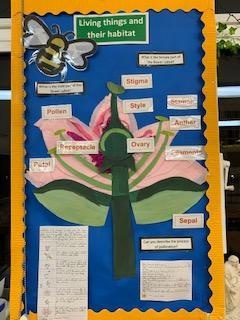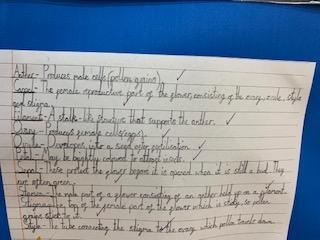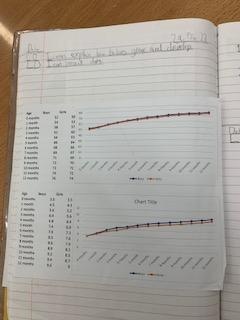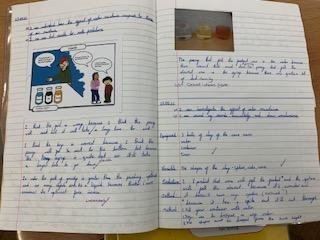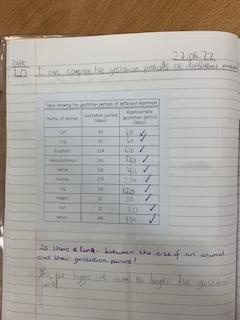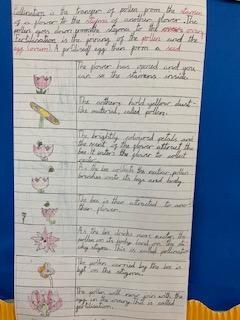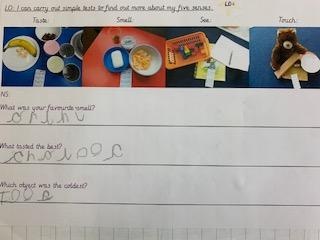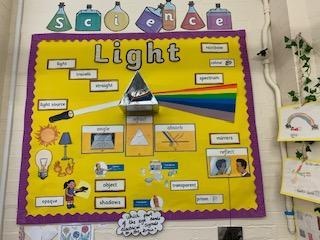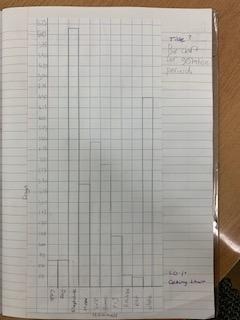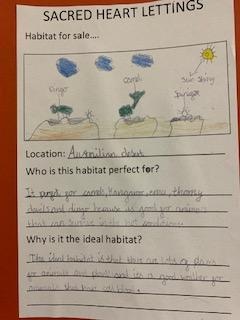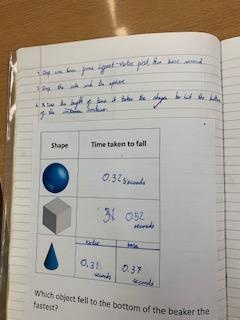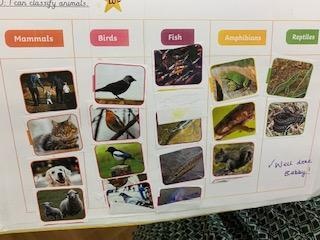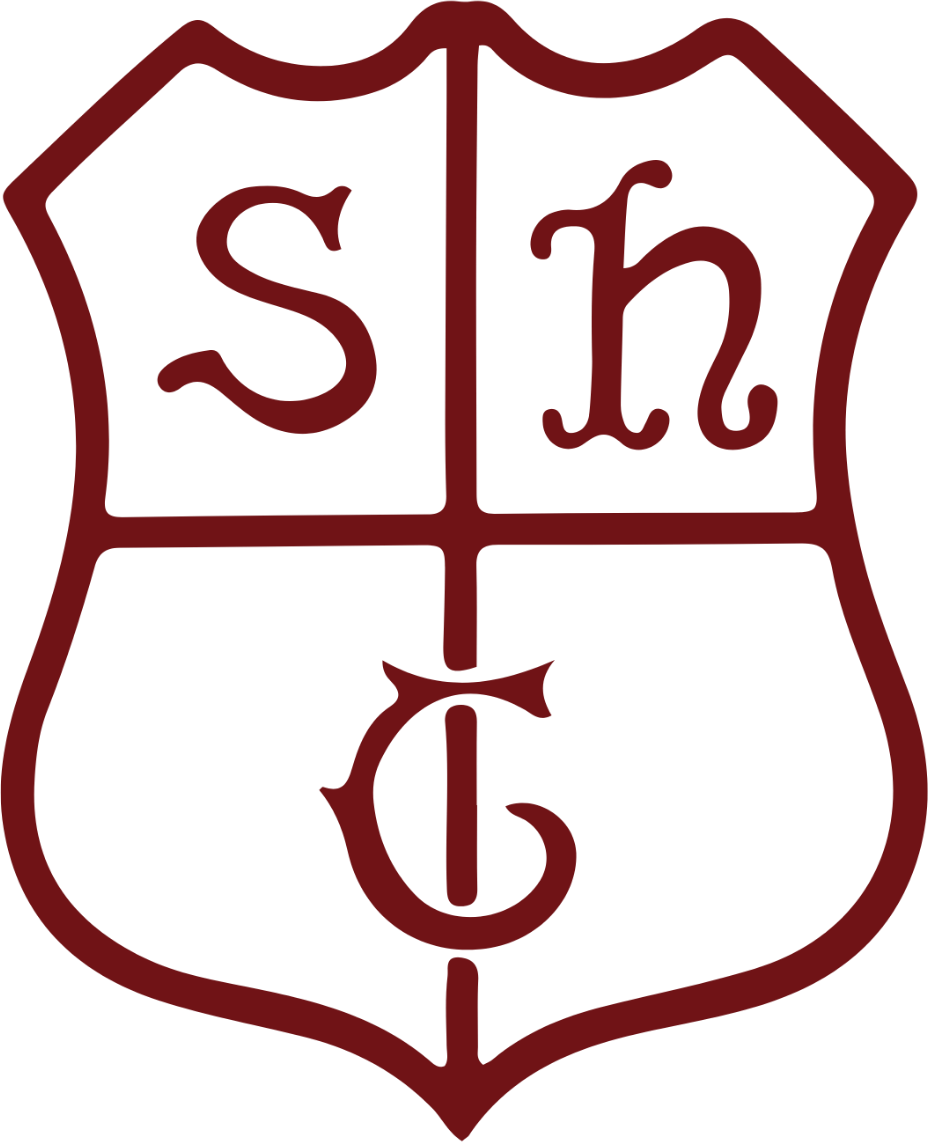
Science
At Sacred Heart, we believe that Science is essential to everyday life and our aim is for all our children to become confident, resilient and curious scientists; it is therefore important for all children to be scientifically literate.
We believe that Science changes lives, shapes society and addresses global challenges. It provides a lens through which to understand the world around us and promotes curiosity, rational explanation and causality.
We believe that primary science helps pupils to:
- investigate problems
- learn how science works
- discover why science matters in the world
Our Science Curriculum has been developed based to ensure a full coverage of the Science Programme of Study detailed in the National Curriculum 2014 (see below for documentation).
Our curriculum is designed to teach science as a means of discovering and understanding the world around us.
The curriculum consists of a body of knowledge which attempts to explain phenomena and experiences. It also involves a number of skills and processes by which this knowledge is achieved and applied. The science curriculum has been developed around the premis that scientific knowledge should:
- be based on children’s existing conceptual understanding
- arouse curiosity about natural phenomena which stimulates the posing of questions
- be a systematic means of enabling the children to ask and attempt to answer questions arising from observations
- provide models of scientists who have contributed to a field of science
- expose children to the various strands of specialisation but which are still related
- recognise that different children experience science differently
Our curriculum enables children to learn scientific knowledge and conceptual understanding alongside practical, hands-on experiences which develop an understanding of the nature, processes and methods of science. Pupils will learn about the work of significant scientists throughout history and consider the uses and implications of science, both today and for the future.
Our science teaching enables pupils to:
- challenge the perception that science can provide absolute truth and provide a solution to all problems
- appreciate the scientific process as one way of appreciating life
- appreciate the importance of science in everyday life
- appreciate the influence of science on society
- develop a positive critical attitude towards scientific developments
- recognise the limitations of science
- be ready to engage in science and scientific methodology
- appreciate that everyone benefits from the positive results of science
In the Early Years Foundation Stage, pupils develop their understanding of the physical world and their community through the planning and teaching of ‘Understanding the World’. The children are provided with a careful balance of teacher-led and pupil-initiated learning opportunities that allow them to:
- use their senses to investigate a range of objects and materials
- find out about and observe living things
- look closely at similarities and differences, patterns and change
- ask questions about why things happen and why things work
Pupils enjoy spending time (inside and out) exploring materials, exploring minibeasts and their environment, observing the changes in the seasons and immersing themselves in the world of plants and animals.
In Key Stages 1 and 2, science lessons are taught in discrete lessons, which have been carefully planned to allow pupils to make connections with prior learning and new learning. Pupils explore key aspects of learning before embarking on scientific investigations, where practical. These scientific investigations allow pupils the opportunities to:
- plan and conduct experiments
- record evidence and results/findings
- make predictions and draw conclusions
Our expectation is that the majority of children will move through the programmes of study at broadly the same pace with learning always starting from the children’s prior knowledge and any misconceptions that they may have. From this, units of work can be personalised to the needs of the children.
Pupils learning is further extended with linked trips.
As a result, it is our intention that pupils at Sacred Heart will be confident in posing scientific questions, planning investigations, interpreting data and drawing conclusions from this data; that studying science will enable our pupils to ask questions about the world around them and encourage them to be curious about the world and how it works and that pupils will take part in events in school and out linked to science.
More Information:
The following documents outline the content of the Science Curriculum that is taught at the school. These documents should be read in conjunction with the Termly Curriculum Outlines, as these provide more detailed information of the how these topics are to be taught.
- SH Whole School Curriculum - Science.
- SH Science Curriculum - Intent, Implementation and Impact
- SH Science Programme of Study
- SH Long Term Science Plan Curriculum Overview
- SH Science Topic Overview

